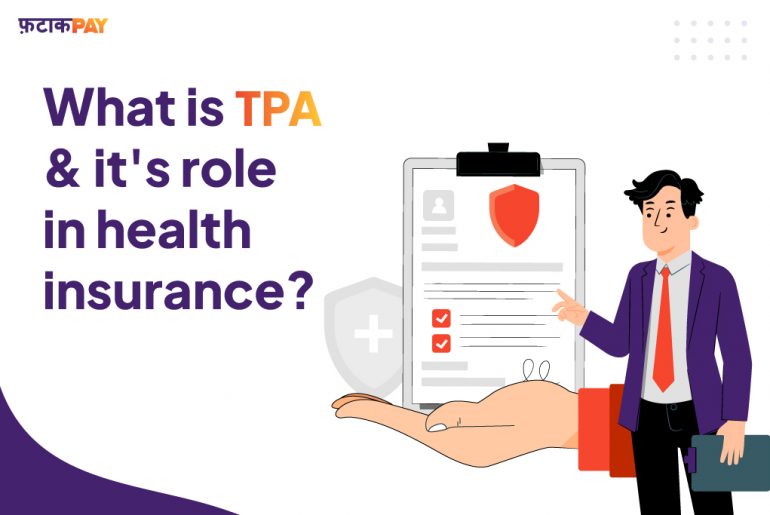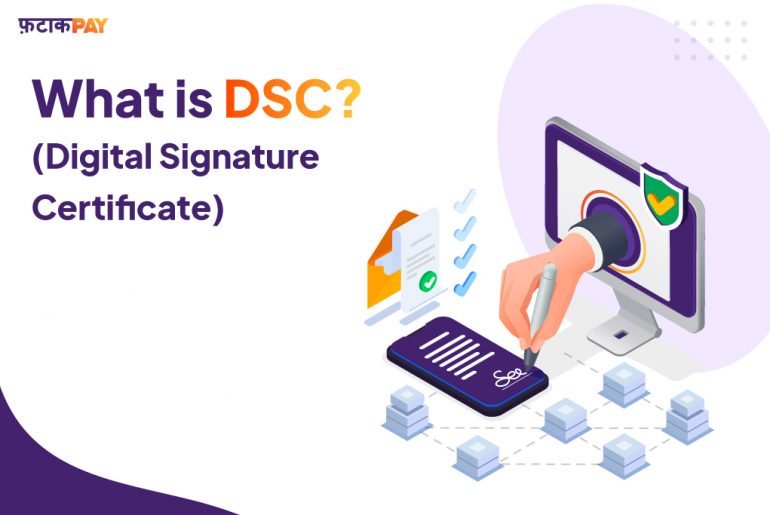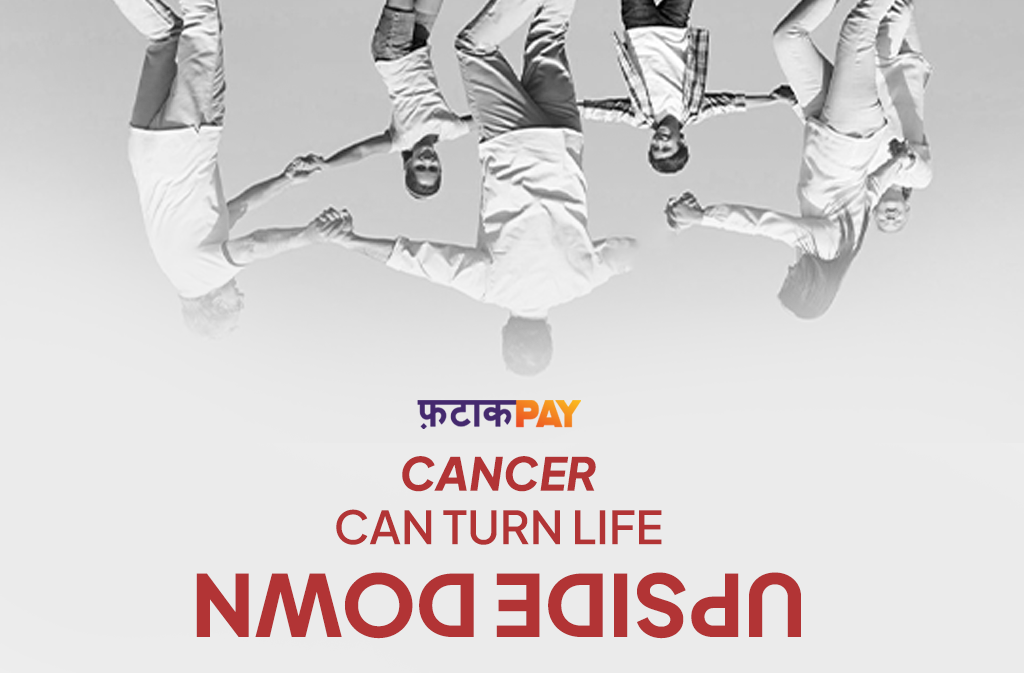Introduction to TPA:
Have you ever had to admit a loved one to the hospital on short notice? Though unpleasant, it is a difficult and inescapable aspect of our lives. You rush to get medical help when accidents happen or incidents occur that require emergency hospital care.
Those who have insurance policies can take a deep breath; nevertheless, those who don’t may experience financial hardship. To purchase a health insurance policy, we have insurance firms.
However, a TPA, or third party administrator, is available to address issues with health insurance claims. As a result, the TPA is informed as soon as any person is admitted to the hospital. Let us understand more about TPA.
More about TPA:
A third party administrator is a company responsible for handling insurance claims covered by the mediclaim policy. These administrators are often independent, but they have the ability to behave as if they were a part of the insurer or insurers. These organisations have insurance regulatory IRDAI licences.
The number of insurers, the variety of health products available, and the number of customers all increased significantly over time. Eventually, it became challenging to maintain track of work that did not produce quality services. As a result, the Third Party Administrators were developed by IRDA. Since that time, a TPA is accountable for:
Consistent high-quality services.
Processing several health insurance claims.
Relevance :
The hospital bills and other expenses will be taken care of by a Third Party Administrator. You can simply take care of them even though the illness of a family member or friend is upsetting you. The TPA will handle everything else.
Every insurance provider names a TPA to handle your service. You are not required to pay the administrator directly. A TPA has the option of approving a cashless claim settlement or deferring payment. However, the owner of the health insurance policy will never contact the TPA directly with a complaint or question.
For an insured, there will only ever be a connection between them and the insurer. In conclusion, we may say that TPA is pertinent to:
- Extensive expertise in healthcare services.
- Enhance the standard of services.
- Manage and look into the claims.
- Pay attention to the Cashless and Reimbursement TAT.
Role and Relevance In More Detail
A TPA serves as a go-between for the insurance provider and the policyholder. Their responsibility is to streamline the health insurance claim process. As far as we are aware, claims can be classified as either reimbursement or cashless.
The policyholder goes to the hospital as soon as they require medical or emergency treatment. A claim becomes valid if the person is asked to stay in the hospital for at least 24 hours (for an illness that isn’t specifically stated, like cataracts).
In this situation, the policyholder will inform the TPA or insurer about the admission and the requirement for the treatment. The TPA will next request that, if possible, the hospital make arrangements for a cashless facility. If not, the claim will be handled for payment. If cashless payment is permitted, the hospital will submit all invoices to the TPA after the treatment is finished.
The TPA officials will examine the invoices and other documents before allowing the settlement of the claim. In a cashless transaction, the hospital will receive money. But for the purpose of reimbursement, the policyholder will pay the costs through the insurance provider.
What is the role of TPA in Health Insurance?
Issue Health Cards To The Insured:
Every policy that is given to the policyholder is subject to a validation process. A valid health card is issued to achieve this. This card contains information on the policy number and the Third Party in charge of handling claims.
The insured can provide this card at the time of hospital admission and notify the insurer or Third Party of the claim’s occurrence. It is one of the crucial records required for processing claims.
Different Types of Insurances
In addition to health insurance, it’s essential to understand the different types of insurances that are available. Whether you need life insurance, car insurance, or home insurance, understanding the available options and their benefits will help you make informed decisions and secure your future, just as TPA secures your health insurance claims.
Smooth Claim processing and settlement:
As soon as the insured informs a TPA of a claim, the TPA is obligated to expedite the claim. Their responsibility is to examine all the supporting documentation provided. It may request as much data as necessary to cross-check the details. Either a cashless settlement or reimbursement will be used to resolve the claim.
Whatever the situation, a TPA will be responsible for checking all paperwork. When using Cashless, the TPA can obtain the necessary paperwork from the hospital. In other situations, the TPA may require the policyholder to provide supporting documentation and invoices.
Value added services:
A TPA often makes arrangements for other services like ambulance, wellness programmes, and others in addition to claim processing and card issuing.
About FatakPay:
FatakPay provides virtual credit facilities for all. It’s available on your phone and caters to your everyday needs in both online and offline formats. Payments are done seamlessly through UPI/QR codes. The solution provides an almost zero cost, free, quick, transparent and secure way to transact in a multilingual format with a Scan Now, Pay Later facility and easy repayment options.
Link to FatakPay App: https://link.ftkp.in/2uSI/dkasgvnf
| Personal Loans by City | ||||
|---|---|---|---|---|
| Personal Loan Bengaluru | Personal Loan Thane | Personal Loan Mumbai | Personal Loan Hyderabad | |
| Personal Loan Pune | Personal Loan Surat | Personal Loan Coimbatore | Personal Loan Delhi | |
| Personal Loans by Amount | ₹60,000 Personal Loan | ₹3 Lakh Personal Loan | ₹5 Lakh Personal Loan |
|---|





